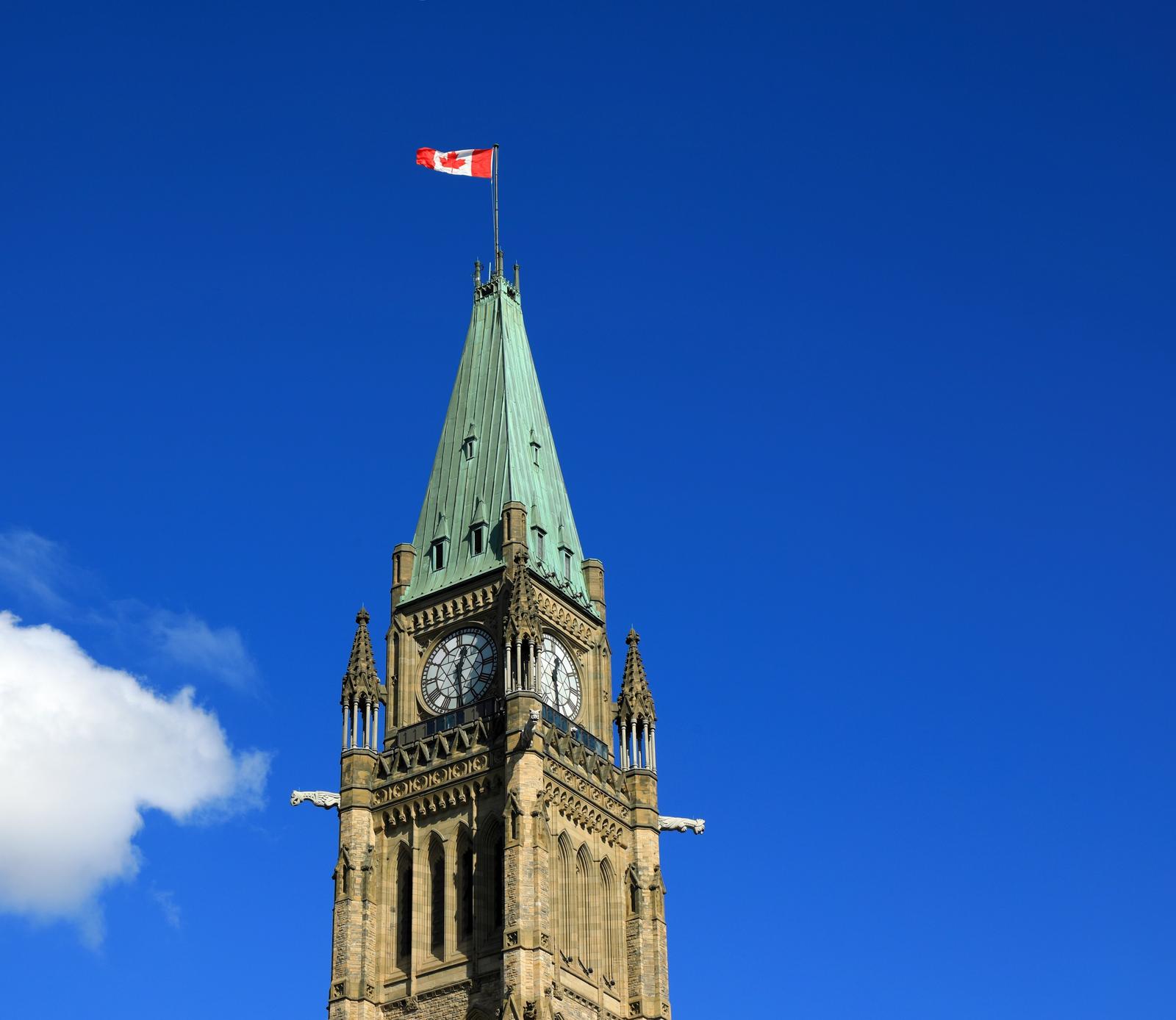The Topline
- The Carney government passed its first budget , with $141 billion in new spending offset by about $51 billion in cuts and other savings
- Some highlights in the budget include a reduction in the size of the public service, new tax writeoffs for industry, investments in infrastructure and defence, and cuts to immigration
- The budget projects a deficit of $78 billion for 2025-26, up 116% from last year
Switch sides,
back and forth
Buying a yacht? You’re in luck.
The Carney government is claiming 36 per cent of this year’s budget is meant to bring down costs for Canadians.
While those may be the numbers, many Canadians are still questioning whether they’ll see any relief from the high costs of living.
And it’s hard to blame them. Much of the budget’s spotlight is on boosting large corporate investments through measures like a “productivity super-deduction” tax policy that will allow companies to write off capital investments more quickly.
The budget also lets companies write off the cost of new buildings and introduces a new tax break for liquefied natural gas (LNG) equipment and related facilities.
Ultimately, there are very few net new initiatives in this budget to make daily life any cheaper. Groceries will still be expensive and affordable housing will still be out of reach for many. The majority of the affordability measures were already announced, earlier this year.
Now, in an effort to save money, the government wants to eliminate 40,000 positions in the public service. For those about to lose their jobs, life is about to get even more expensive.
On the other hand, those who can afford a yacht or private jet need not worry. The luxury tax on these items will soon be no more .
And while the decision makes some kind of logical sense — the government has argued that the economic and administrative costs of the tax outweighed the modest revenue it brought in — the optics are terrible at a time when so many in the middle class are struggling.
But that does beg the question: Why was the luxury tax eliminated on boats and aircraft, but not vehicles? At the very least, perhaps they could have also eliminated any luxury tax on EVs since Canadians don’t have access to less expensive Chinese brands. Every little bit helps, right?
So what?
It’s clear the intention of this budget is hoping to spark some economic growth, which is a good thing. But we’re talking years before any of that materializes, if it does.
In the meantime, Canadians are hurting as a result of Trump’s trade war. And this budget doesn’t nearly go far enough to help with the daily grind.
The help is there, it’s just not super obvious
This budget was all about responding to Trump’s upending of the global trade system and keeping Canada’s economy afloat. The government’s own headline says, “More than 75 per cent of our actions this year are to respond to significant global economic shifts.”
Even so, the Carney government isn’t ignoring the average Canadian household. Some of the biggest measures were announced before the budget came out. And since they still have to be budgeted for, it’s all in there nonetheless.
The biggest carrots are a middle-class tax cut in 2026 (for 22 million Canadians, up to $840/year for a two-person family) and the cancelled consumer carbon tax (which claims to save up to $.18/litre off gas). That’s legit money back in the pockets of millions of Canadians.
The National School Food Program , first launched in 2024, is now permanent. The program provides meals for up to 400,000 children and claims to save families with two children $800 per year on groceries.
A few other measures found in the budget: Eliminating GST on new homes that are under $1 million, upholding the CRTC’s wholesale-access decision to help lower internet costs, and renewing the Canada Strong Pass . These all fall under the “previously announced” category.
So what?
Gas is cheaper. Taxes are going down for millions of people next year. Because these announcements had been made prior to the budget being released, they aren’t making any headlines right now.

